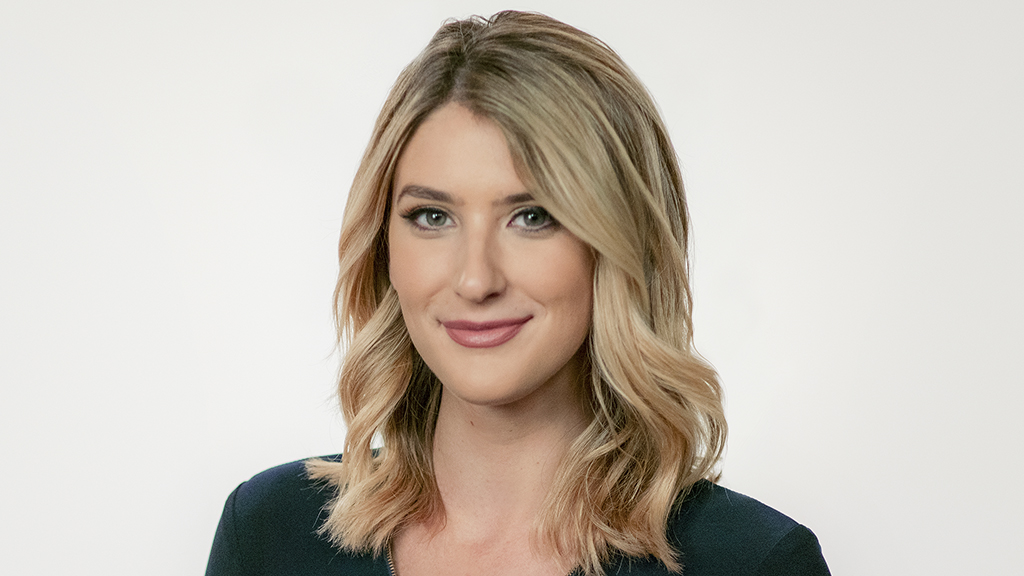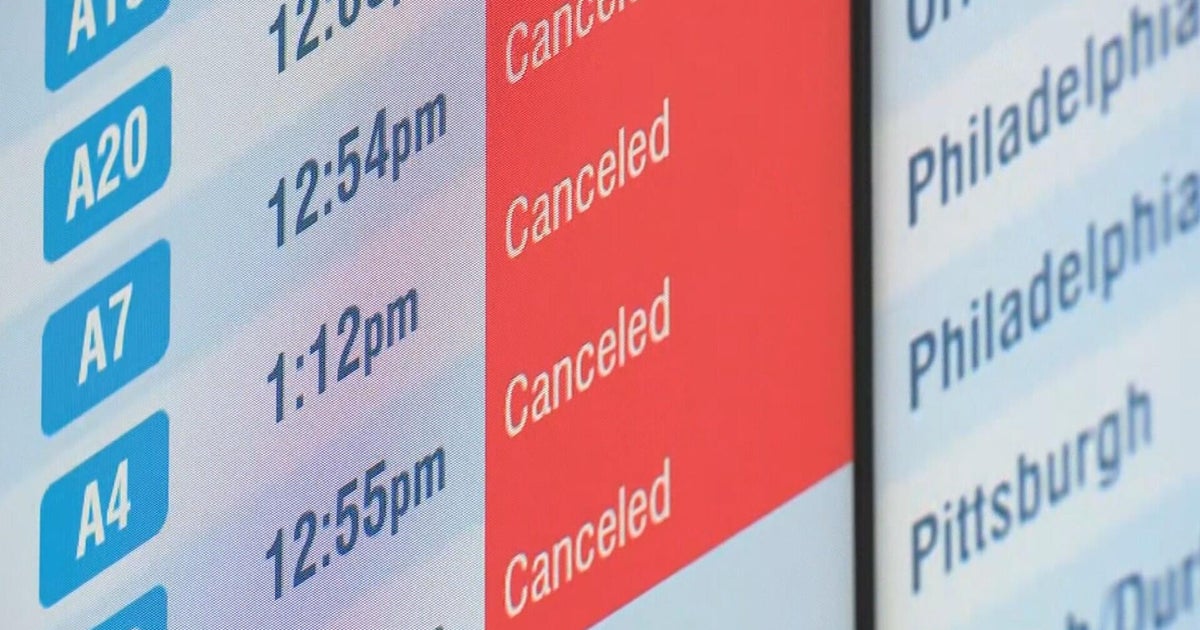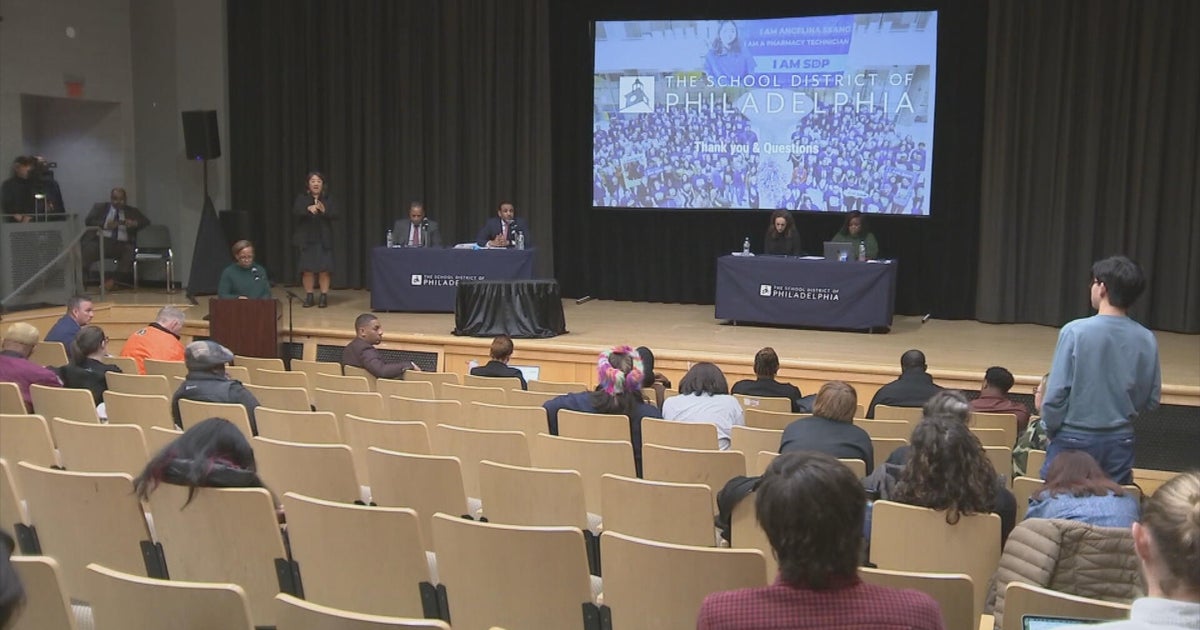How can parents talk to kids about social media? Boston doctor says don't start by taking it away
BOSTON - As students return to school, a Massachusetts child psychologist has developed a new campaign to help parents talk to their children about social media use.
"This is the biggest parenting dilemma and challenge of this generation, hands down," said Dr. Stuart Ablon, a child and adolescent psychologist at Massachusetts General Hospital and an associate professor at Harvard Medical School.
Understand child's perspective
Together with the Shah Foundation, Ablon has launched Your Brain on Social Media, a campaign that's helping parents find new ways to talk to their kids about how much time they're spending on apps like TikTok and Instagram. In a survey, 58% of parents said they worry about their children's social media use.
"Fifty-eight percent of adults, that shocked me because it should be 98-precent of adults. There's a very clear correlation between the amount of usage of social media and mental health risk and that's indisputable," Ablon told WBZ-TV.
But there is a right way and a wrong way to approach the topic, according to Ablon. He suggests parents start by trying to understand your child's perspective.
"If you just ask questions, take guesses, reflect (on) what you've heard, and reassure if necessary, it won't go wrong. It's not magic, but it won't go terribly south. You might say something like, 'Hey I've noticed that when you hop in the car it seems like you're pretty eager to be scrolling on your phone instead of chatting with me. Don't worry, you're not in trouble. I'm not taking the phone away, but I'm just curious. What's going on?' and if she says to you, 'I don't know,' you might take a guess like 'Is it that since you haven't had the phone in school, you're wanting to catch up on what's been going on?'"
When and where to talk
Ablon says the location and timing of the conversation also matter.
"Look at each other face-to-face or call a family meeting or something like that, terrible idea. It dysregulates a kid and it makes it hard for them to manage their emotions or think straight," he told WBZ.
Instead, parents should pick a time when there's activity and movement, like playing catch, taking a walk or even a car ride. Ablon said the worst time to talk to your child about social media is in the middle of them using social media, so find a time when they're not distracted on their phone.
"Then it's time to go to the second step, which is when you're going to share your perspective or your concern, but notice my words, not your solution, your concern. What you're worried about, your point of view. When you do collaborative problem solving, you have to have two sets of concerns or perspectives on the table. Your kid's and yours, and you might share a lot of the same concerns," Ablon explained.
That was the case with teens we spoke with at Sociadad Latina in Roxbury, who said they spend anywhere from one to five hours a day on apps like Instagram and TikTok.
"I feel that the world would be better without social media because people would connect more with their families. People are on their phones, ignoring other people. I just feel like it's not right sometimes," said 14-year-old Judiel Marcano.
"I have friends I want to talk to and they're just watching videos, and they don't really pay attention to you," added 17-year-old Wandel Tropman.
"When I'm not doing anything with my family, I'd say five hours on Tik Tok, Instagram and Netflix. Scrolling can be boring," said 16-year-old Angeli Agulo.
Work on a solution together
The final step, Ablon said, is to collaborate with your child on a solution.
"I always suggest giving the kid the first crack at solutions. What do you think we can do? Do you have any ideas?," Ablon told WBZ.
"I often counsel parents and teachers to count in your head to 30. It will be excruciating but oftentimes 20 seconds in the kid will have an idea. Any idea a kid comes up with I always have the same response - that's an idea. Even if it's the best idea in the world or the worst idea in the world."
"One of the most important things to do is whoever's idea is on the table, your kid's or yours, test it out. But remember, each family is unique and has different needs. There is no one size fits all plan," Ablon explained.








